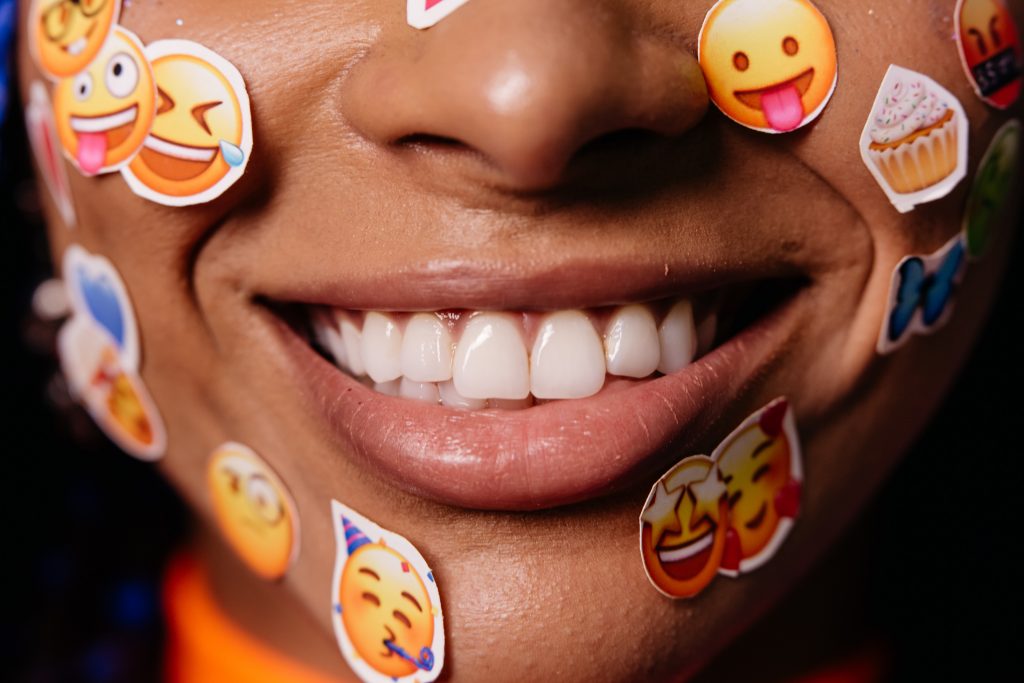A study of developers on the cooperative platform GitHub found that the “smiley faces” and other icons used in text exchanges between co-workers could predict their engagement at work. Highlights.
The study in question, overseen by researcher Qiaozhu Mei of the University of Michigan in the U.S., was just published in the online scientific journal PLOS ONE on January 26.
We showed that developers have various patterns of emoji use [in their communications], which can be related to their work status, including activity level, task type, communication type, management time and other behavioural patterns,” the study authors say.
To get to their end, the researchers analyzed data archived on the GitHub programming platform, more than 62 million publications since 2018. It turned out that 5.53% of text exchanges contained emojis, compared to 17.98% in the case of Tweets (according to a 2018 study).
The most popular icons were the following:
Basically, the goal of the study was to find a way to measure morale in a remote work setting.
We noted that remote workers rely heavily on online platforms to collaborate and communicate with each other, they explained. While a small portion of communication is face-to-face (e.g., video conferencing), the majority of exchanges are asynchronous and text-based (e.g., email, instant messaging, chat rooms, Slack conversations). If workers frequently express their emotions in these contexts in a manner similar to face-to-face communications, then [an organization] could potentially monitor these channels to measure their emotional state, with the help of a data valuation system.”
Lack of emojis… predictor of disengagement?
Interestingly, Qiaozhu Mei’s team was also able to correlate emoji use with platform attendance.
Surprisingly, just using emoji functionality can be modeled to predict future developer dropouts on the platform with impressive accuracy.”
The researchers remind us of the importance of expressing emotions, both positive and negative, in a work setting. It is a good way to release stress, they argue, in addition to allowing colleagues and bosses to better understand our psychological state.
Encouraging “varied” use
The future of work relies less and less on centralized workplaces and face-to-face collaboration, the authors point out. Working remotely became the norm during the pandemic and the trend continues to grow.”
In concluding their study, the researchers urge organizations that operate remotely, on virtual platforms where text-based exchanges dominate, to acquire “a wide variety of emojis”, encourage their use and even, when possible, integrate an emoji recommendation engine into their platform.
This would allow these organizations to pick up on signals informing them of employees at risk of dropping out or burnout. A nice idea on paper… However, the authors do not take privacy into account. We will have to see, in practice, if the employees of a company would agree to have their “smiley faces” “analyzed” on a daily basis!




